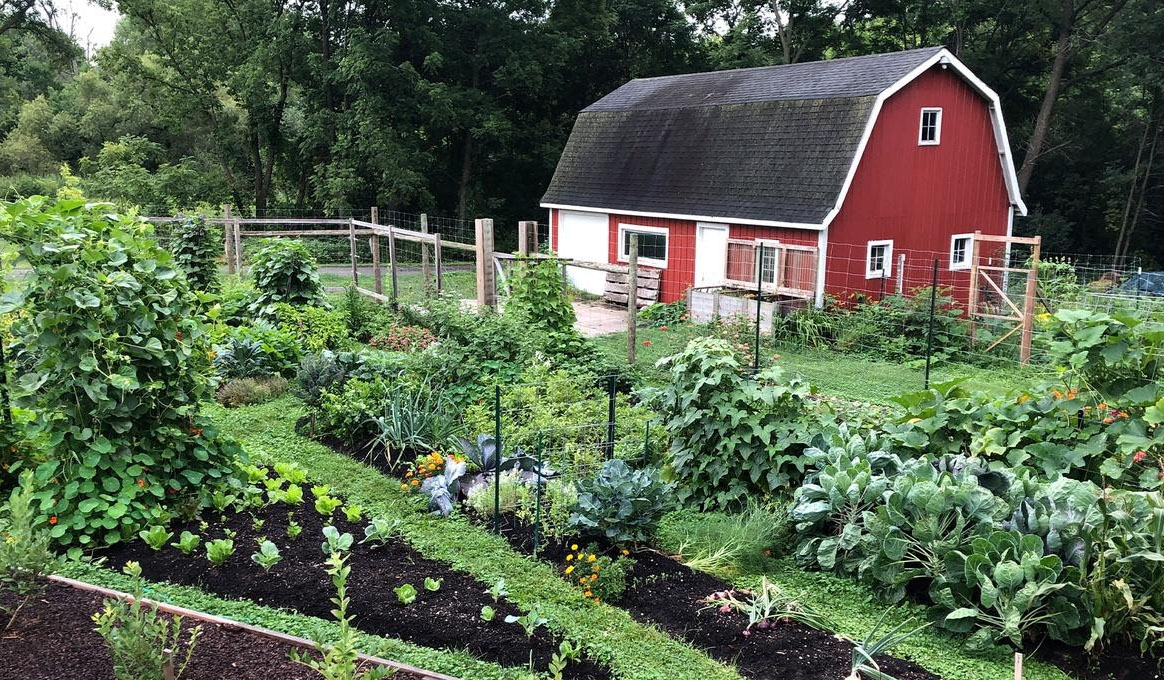
Photo Credit: Getty Images
In an era of escalating climate change and environmental degradation, the need to make our world greener has never been more pressing. From reducing carbon emissions to protecting biodiversity, there are numerous ways individuals, communities,
and governments can contribute to environmental conservation. Here, we explore practical steps that can be taken to make the world greener, paving the way for a more sustainable future for generations to come.
To start off, we need to embrace Renewable Energy. Transitioning from fossil fuels to renewable energy sources such as solar, wind, and hydroelectric power is crucial for reducing greenhouse gas emissions and combating climate change. By investing in renewable energy infrastructure and supporting policies that promote clean energy adoption, individuals and governments can significantly reduce their carbon footprint and accelerate the transition to a greener energy future.
We also need to Reduce, Reuse, Recycle. Adopting a "reduce, reuse, recycle" mindset is essential for minimizing waste and conserving natural resources. By reducing consumption, reusing products and materials whenever possible, and recycling waste materials, individuals can significantly reduce their environmental impact and contribute to a more sustainable circular economy.
Water conservation is another practice we need to adopt. Water scarcity is a growing concern in many parts of the world, making water conservation a critical priority forenvironmental sustainability. Simple measures such as fixing leaks, using water-efficient appliances, and practicing responsible water usage habits can help conserve this precious resource and protect ecosystems that depend on clean water.
Additionally, we need to protect Natural Habitats.
Preserving and restoring natural habitats such as forests, wetlands, and coral reefs is essential for maintaining biodiversity and mitigating the impacts of climate change. Supporting conservation efforts, advocating for protected areas, and participating in habitat restoration projects are effective ways to safeguard ecosystems and promote ecological resilience.
In addition to that, there is a need to adopt Sustainable Practices. Embracing sustainable practices in everyday life, such as eco-friendly transportation, organic farming, and ethical consumerism, can significantly reduce environmental impact andpromote a more sustainable lifestyle. By making conscious choices that prioritize environmental sustainability, individuals can lead by example and inspire others to
follow suit.
Furthermore, we must advocate for Policy Change. Political action is crucial for driving systemic change and addressing the root causes of environmental degradation. By advocating for policies that promote renewable energy, conservation initiatives, and environmental protection measures, individuals can influence government decision- making and drive positive change at the local, national, and global levels.
Educating and inspiring others. Environmental education and awareness are essential for building a culture of environmental stewardship and inspiring collective action. By sharing knowledge, raising awareness, and engaging in community outreach efforts,
individuals can empower others to take meaningful steps towards making the world greener.
In conclusion, making the world greener requires collective action and commitment from individuals, communities, and governments worldwide. By embracing renewableenergy, reducing waste, conserving water, protecting natural habitats, adopting sustainable practices, advocating for policy change, and educating others, we can all play a role in creating a more sustainable and environmentally friendly world for future generations.






















